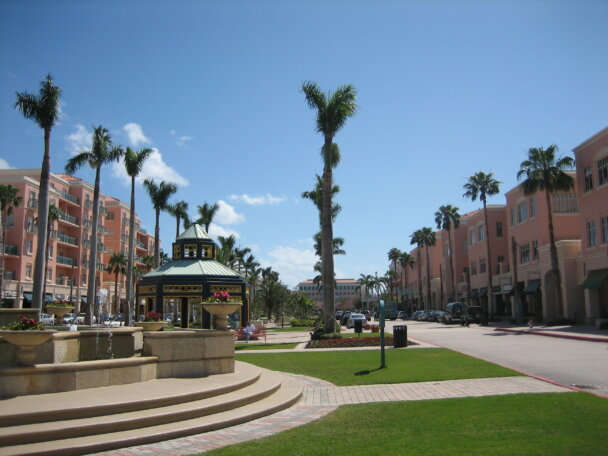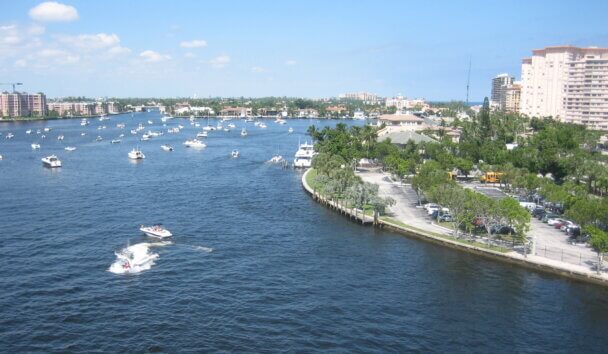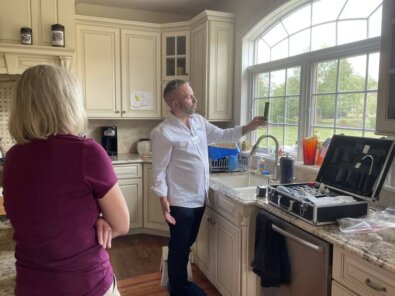Struggling with hard water in Boca Raton, FL?
Angel Water understands the specific water challenges faced by residents here. Our high-quality water softening systems are designed to eliminate excess calcium and magnesium, providing soft, clean water for your home or business. With over 50 years of experience in the water treatment industry, we are dedicated to enhancing your water quality and ensuring your complete satisfaction.



